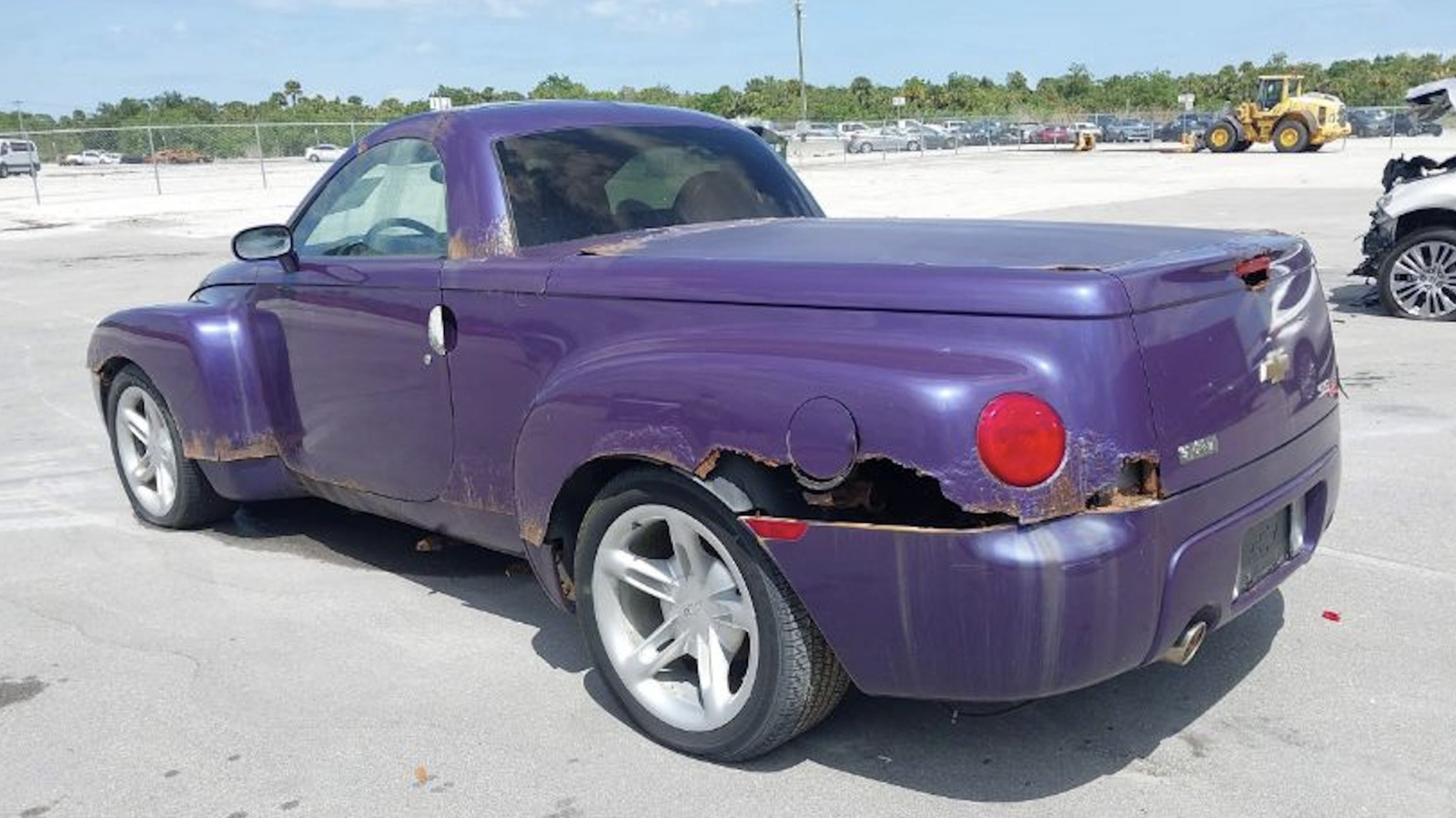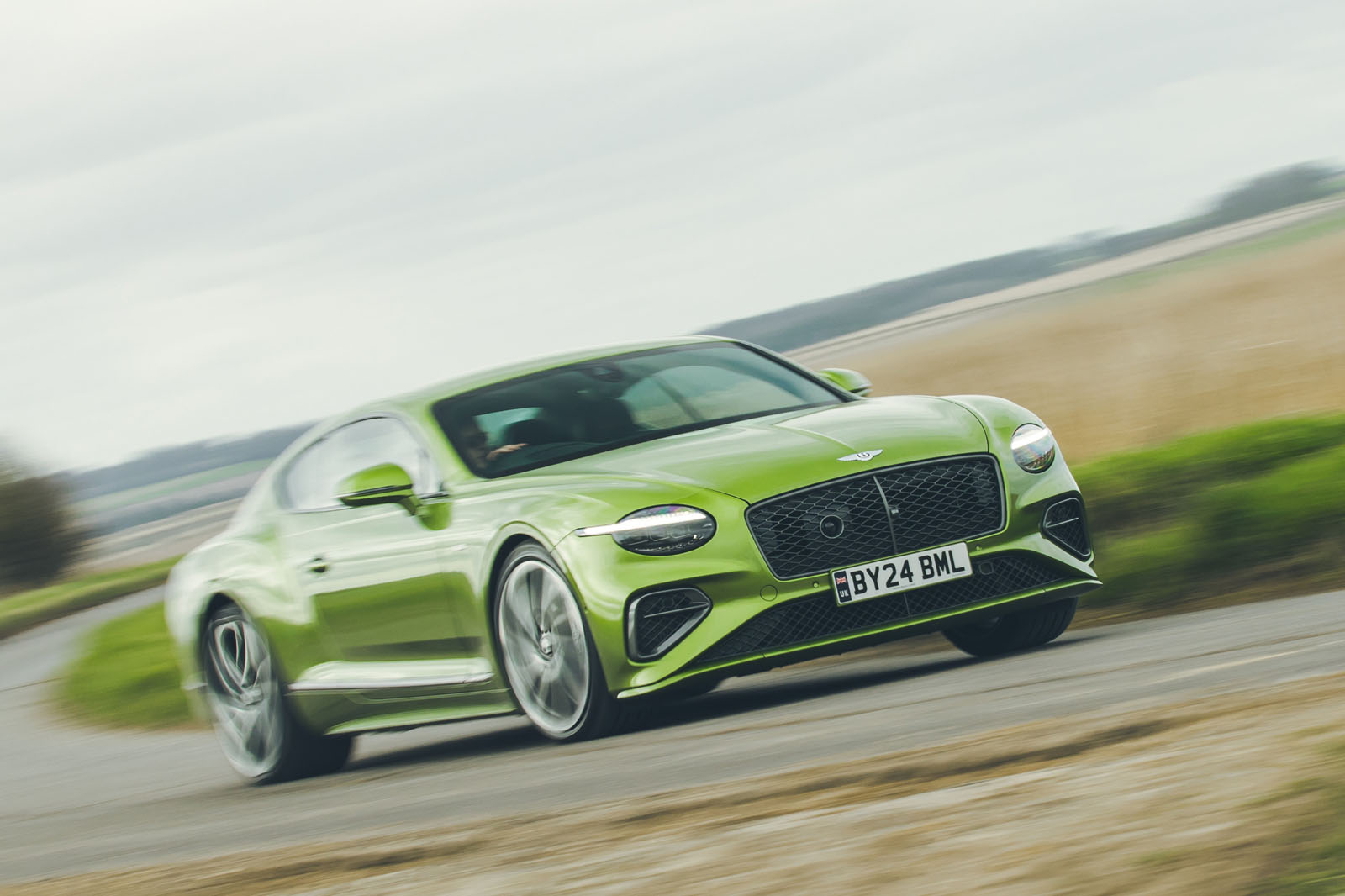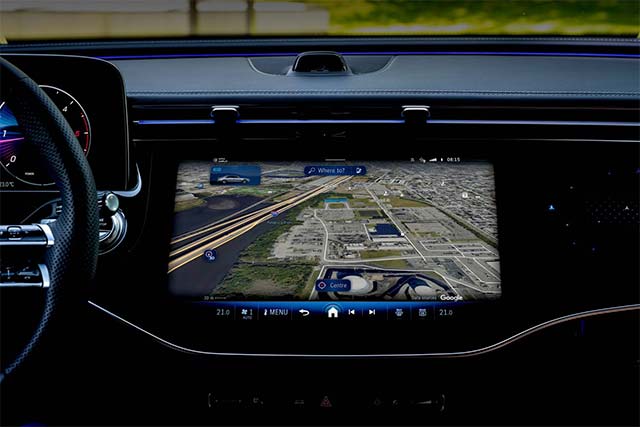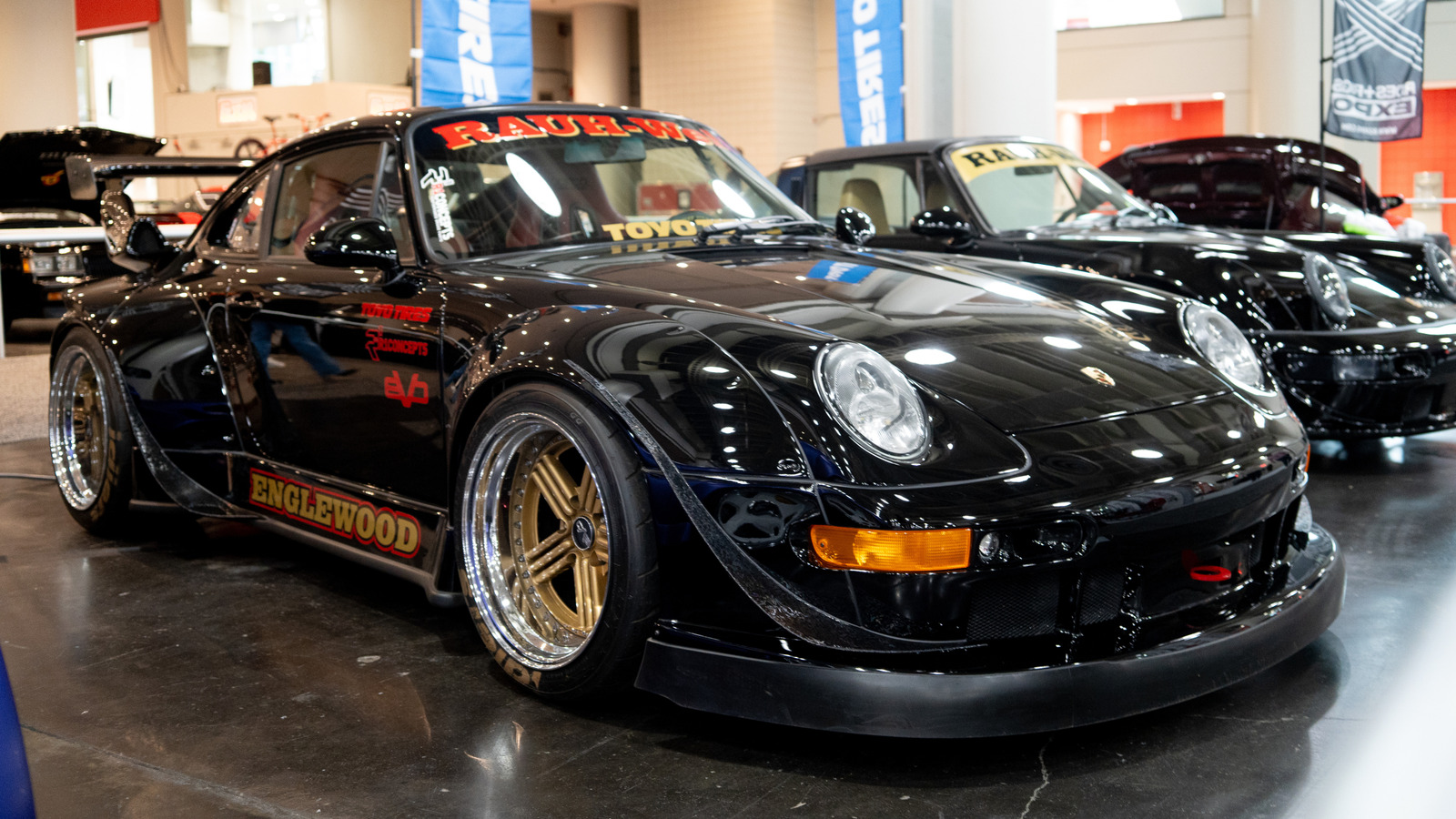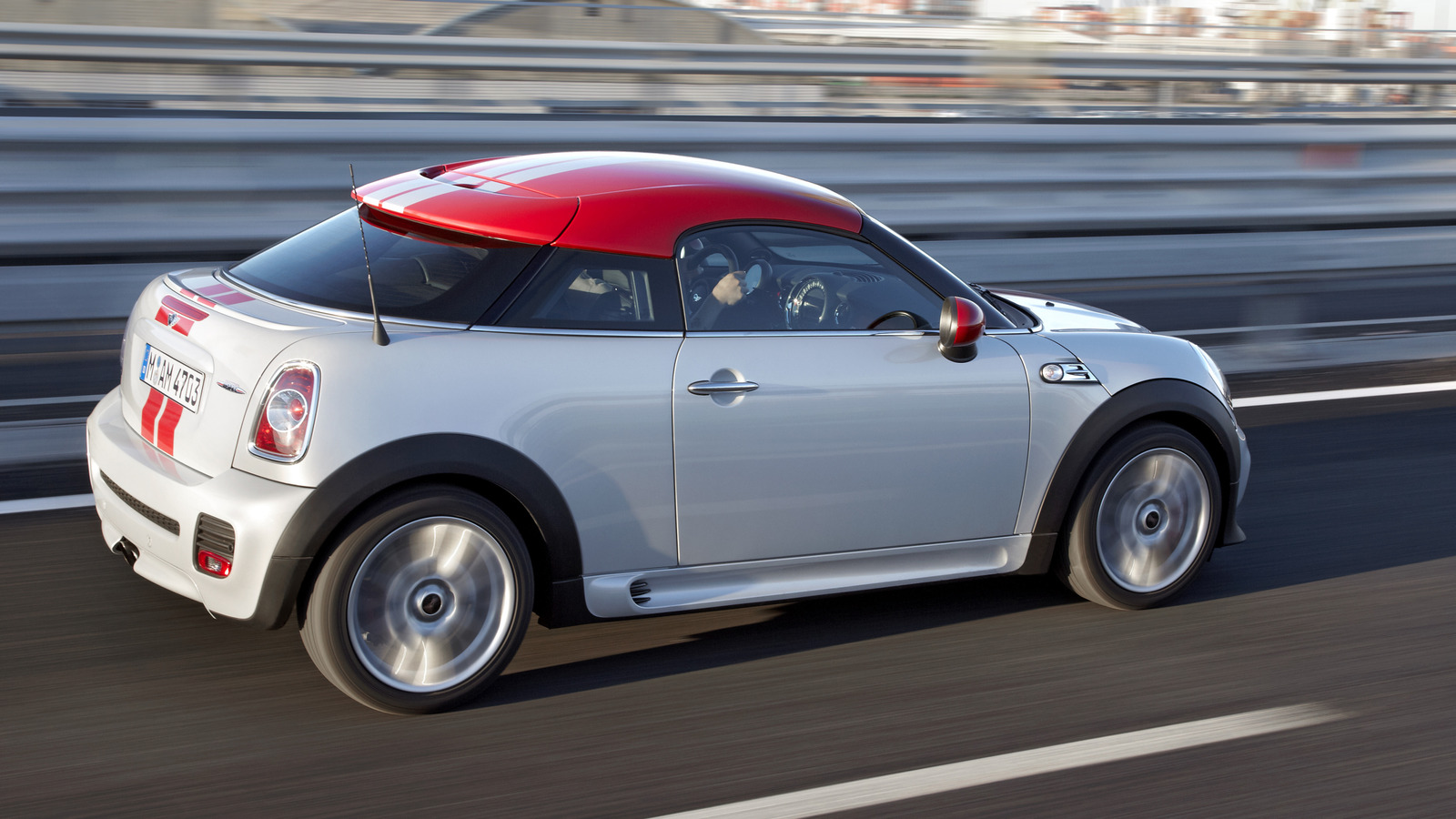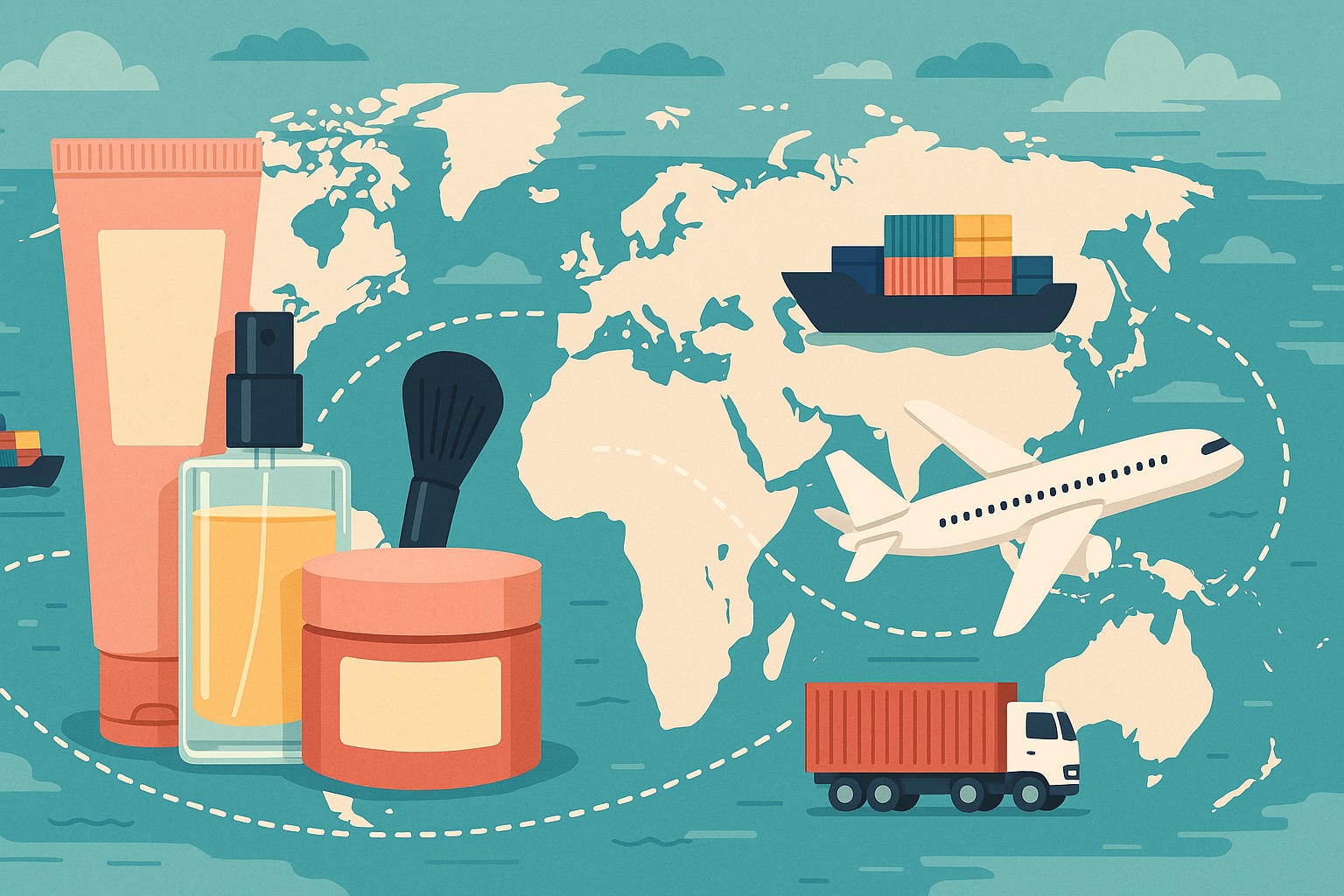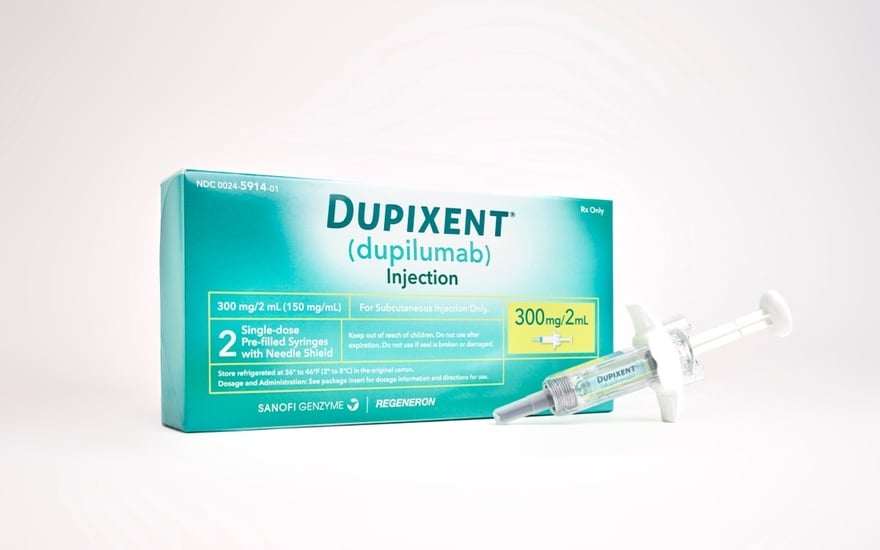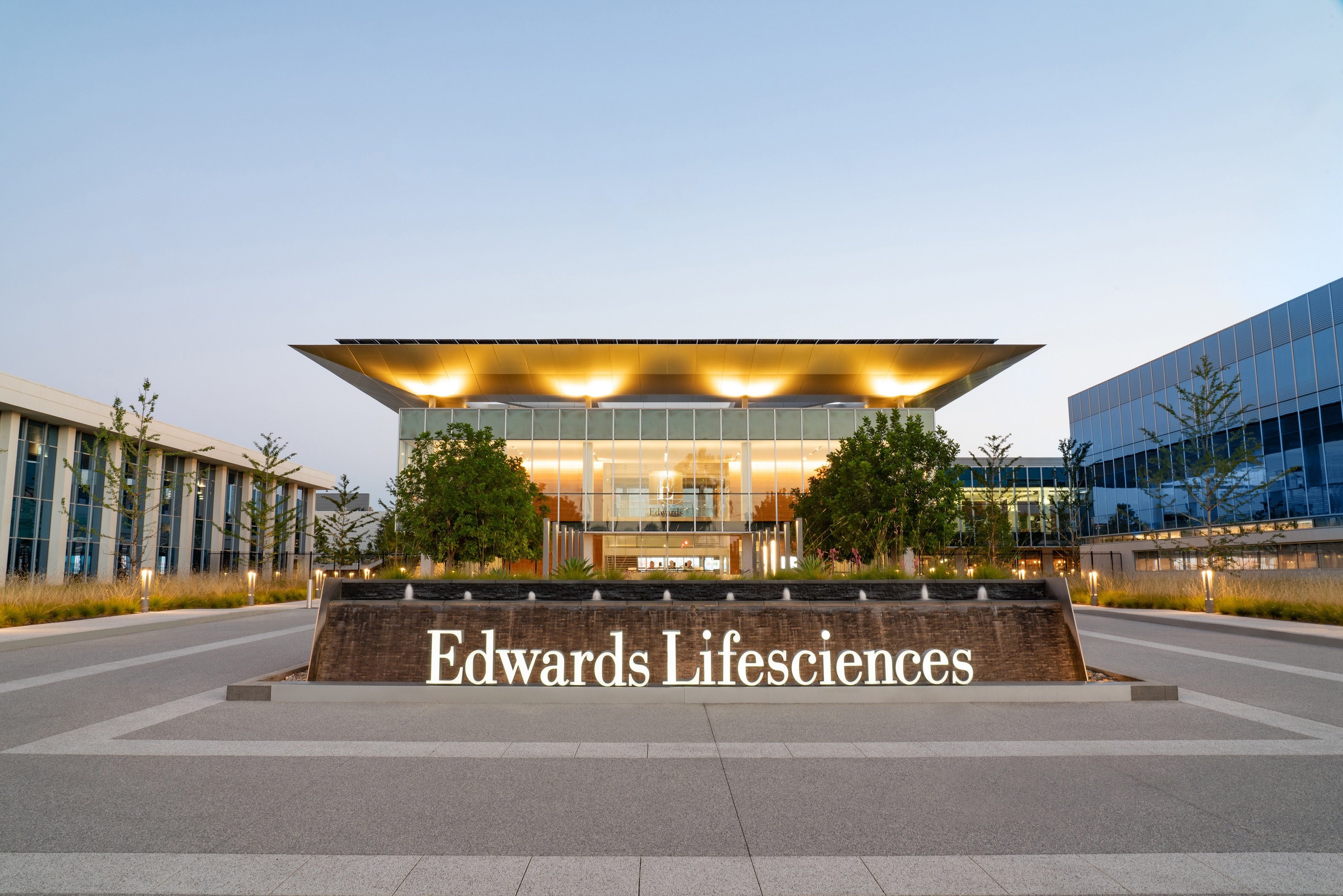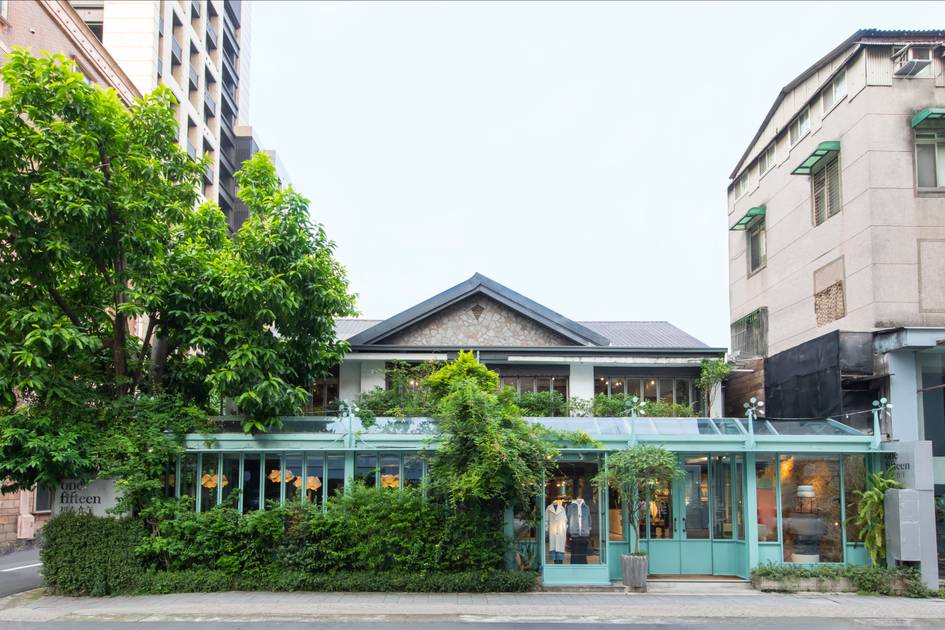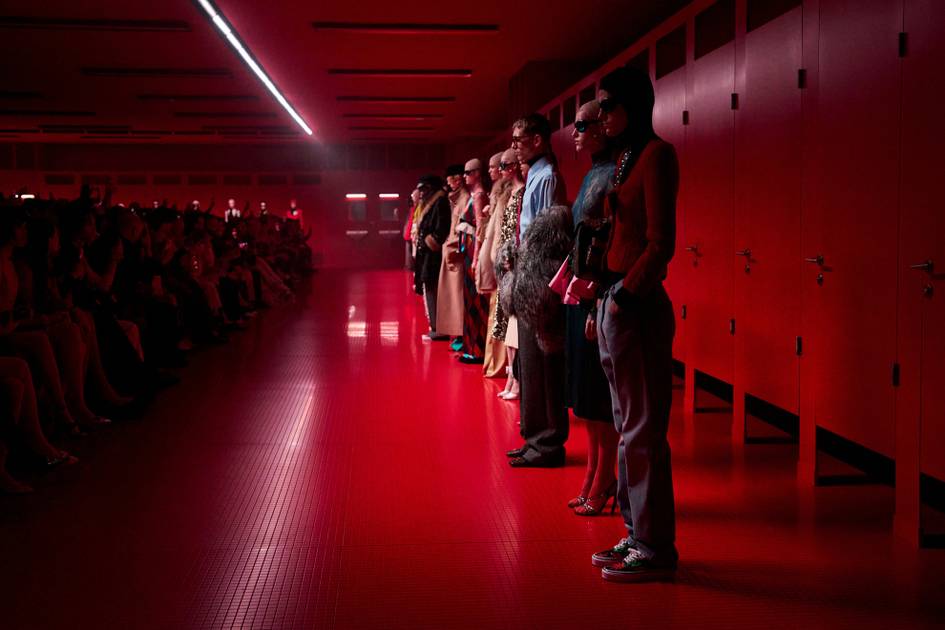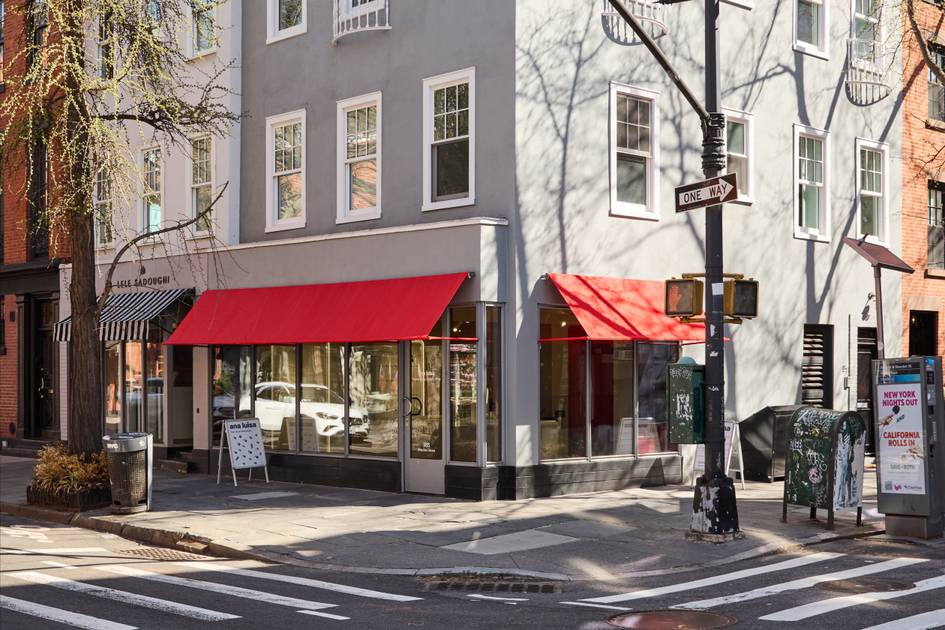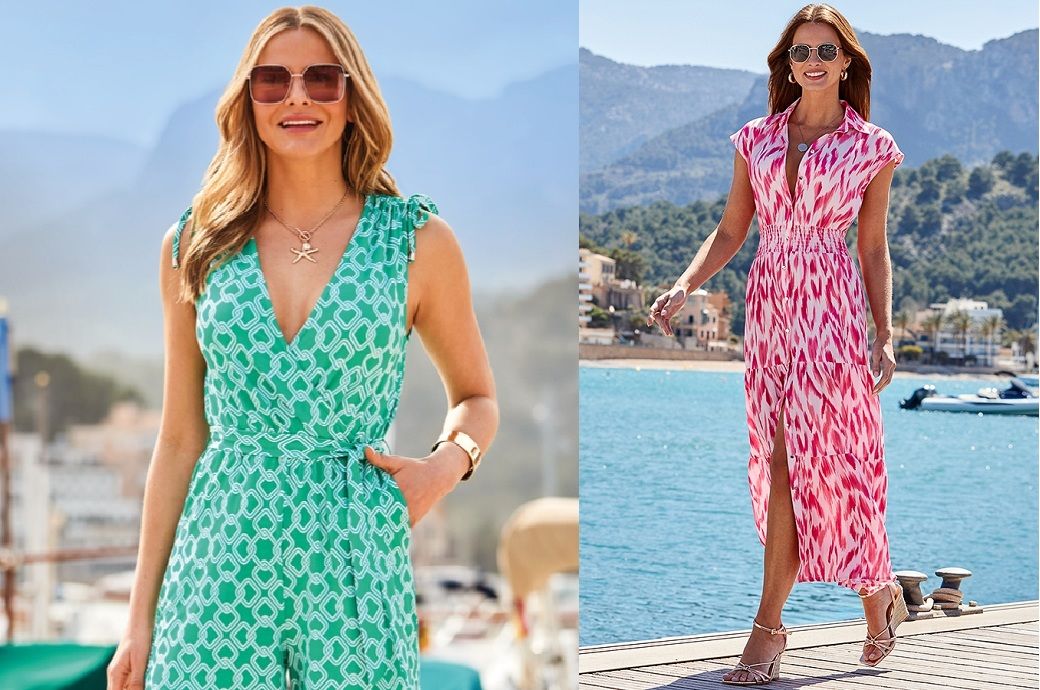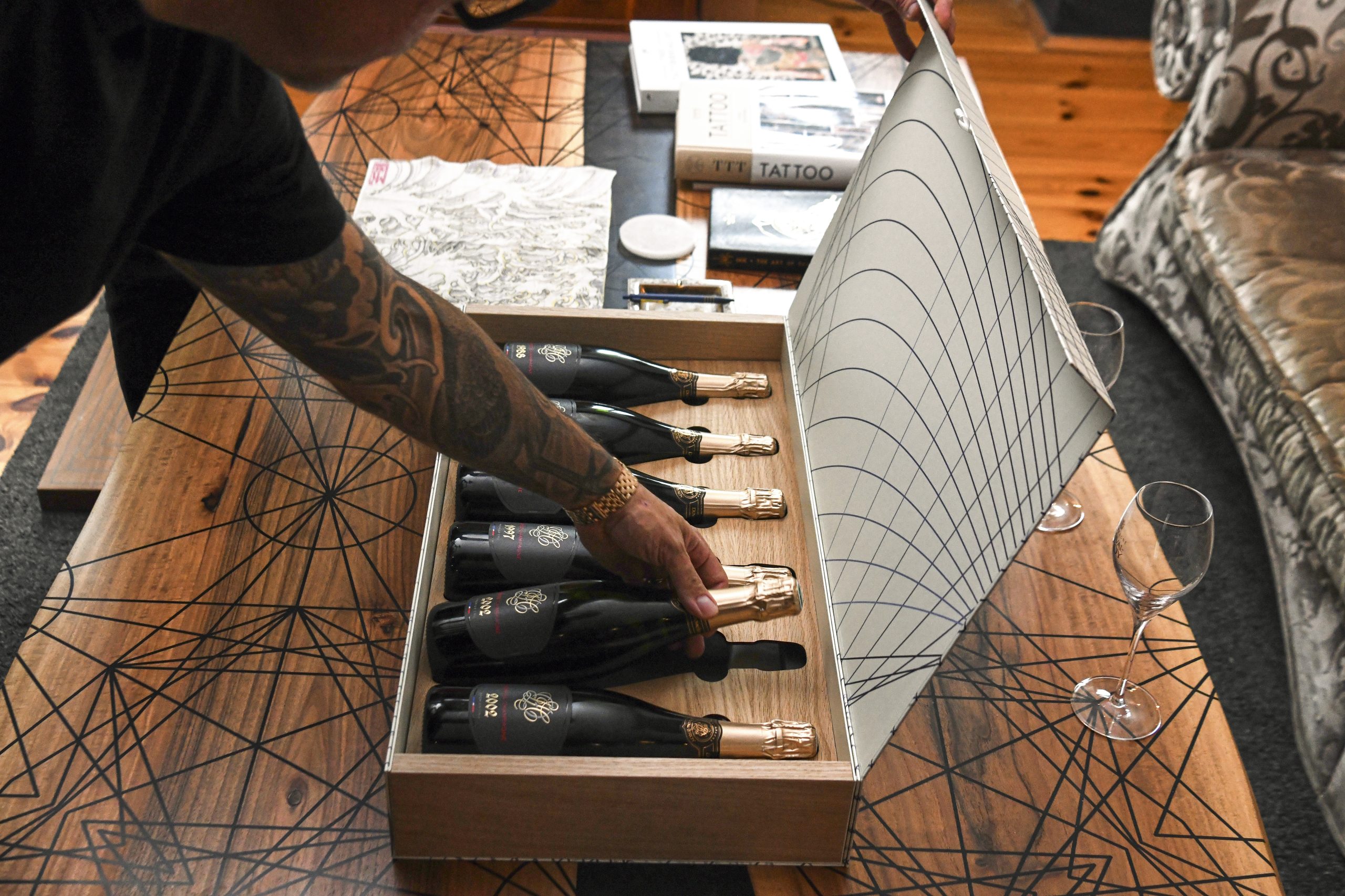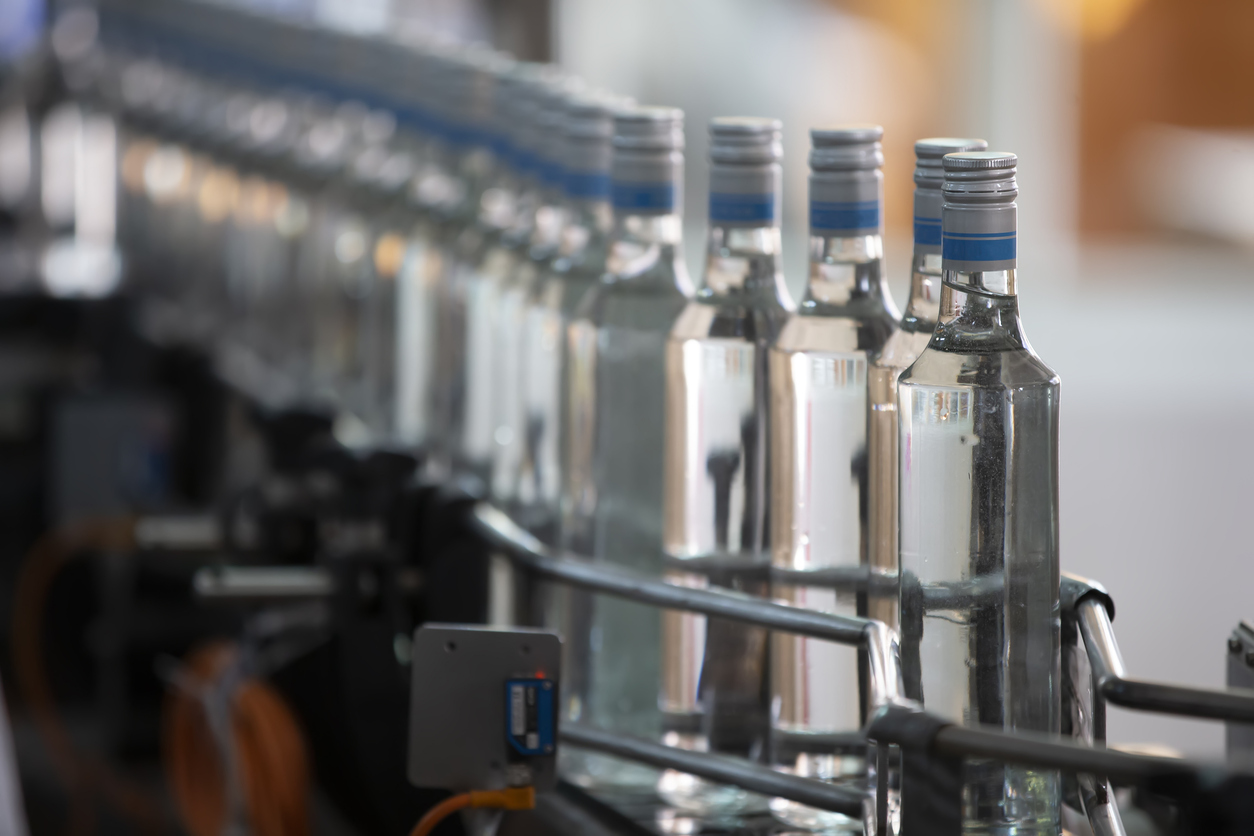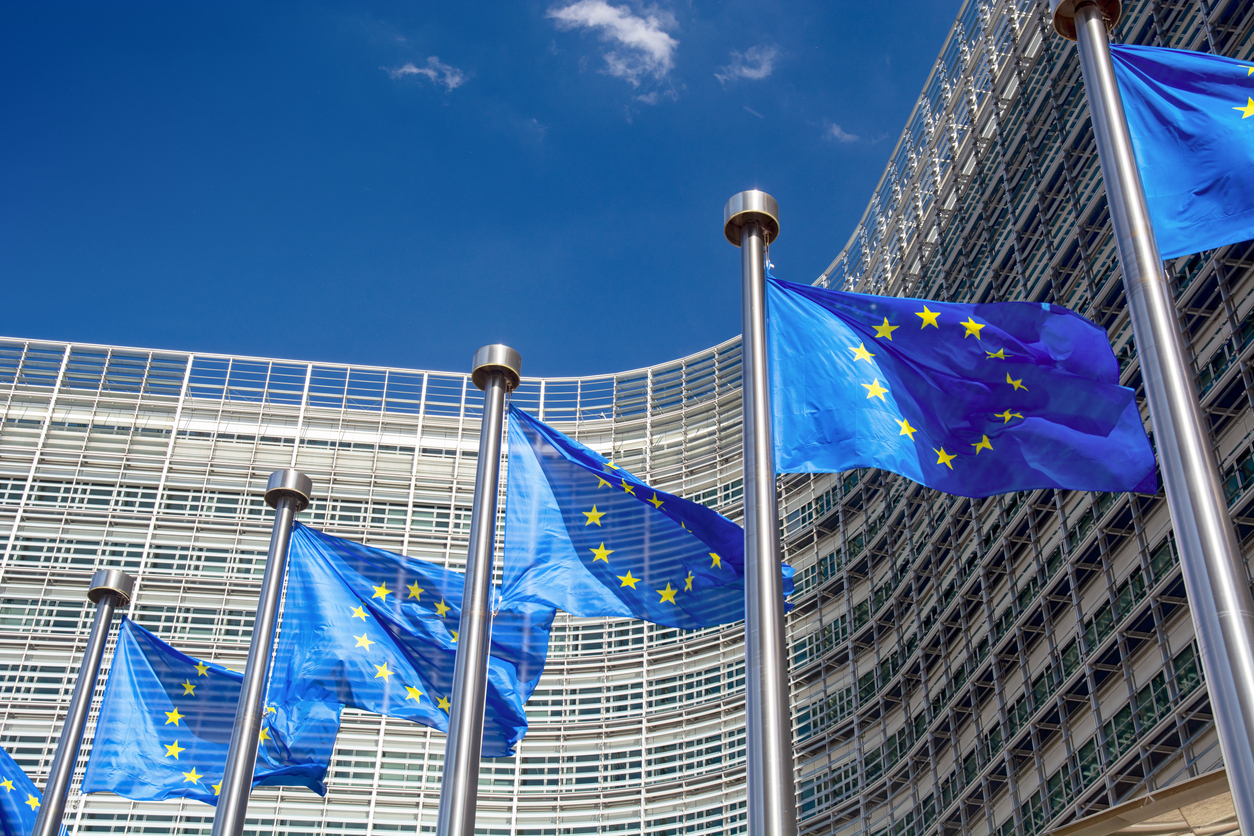After five years of strong growth, the UK’s online alcohol market is facing new pressures from rising on-trade consumption, economic headwinds and changing consumer habits — but opportunities still remain, especially in premium and no-alcohol categories.
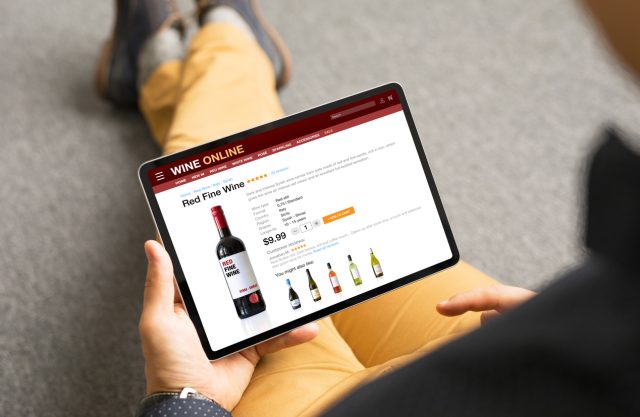
Between last year and this year, growth in the online alcohol market is projected to decline by 3.2% as more consumers return to pubs, bars and restaurants.
Shoppers have been drawn to online alcohol outlets for their easy access to a wide selection of products at competitive prices — particularly premium beverages.
Online retailers have capitalised on this demand by driving sales of luxury brand spirits and limited-edition bottles, often viewed either as speculative investments or coveted collector’s items.
London has emerged as a key hub for online alcohol retail, driven by the capital’s high population density, greater disposable income, and consistently strong consumer demand.
Wine sales speed up growth
Wine clubs have also become increasingly common, where companies that have been well-versed in selling products through the post have been moving their operations to an online service.
Online wine sales have been the biggest driver of growth over the last five years, IBISWorld figures revealed, with wine having an estimated 60.3% of market share in 2024-25, followed by spirits and liqueurs with 23.8%, beer with 13.2% and cider and perry with 2.7%.
Reflecting on the online trends, IBISWorld analyst Timilehin Atere said: “Wine's dominance in online alcohol retail is largely due to the popularity of subscription services such as Virgin Wines and Majestic's Wine Club, which encourage regular purchasing.”
“Additionally, wine remains the most widely consumed alcoholic beverage across the UK, reinforcing its strong online performance.”
A British Beer and Pub Association (BPPA) spokesperson explained that throughout the pandemic, many brewers introduced or expanded their online offers, and sales grew.
“With 1800 brewers in the UK, producing a huge and diverse range of beers and beer styles, online is an important route to market and it is great exciting to see business around the UK adapt to changing behaviours in offering a greater amount of options for customers.”
Market trends
Drinksupermarket.com is one of the UK’s biggest online alcohol vendors, and over the past five years, wine, liqueurs, beers, and soft drinks have been its best-selling categories, reflecting a strong demand for both everyday essentials and more niche purchases.
The trends that have been shaping the market include multi-buy offers, where customers are looking for better value, especially given current economic pressures, alongside new product launches and trending cocktails.
Consumers are eager to try new flavours and spirits, influenced by social media trends and celebrity endorsements.
Also, the vendor has seen the rise of no and low alcohol alternatives as a result of mindful drinking, there is an increasing demand for alcohol-free spirits, beers and wines.
Jital Rao, the marketing manager of Drinksupermarket.com, told db of her experiences in the online market: “One of our biggest growth factors has been our ability to engage customers through compelling email marketing campaigns.”
“By providing the latest offers, new product launches, and cocktail inspiration to our ever-growing subscriber base, we have successfully maintained customer interest and loyalty.”
“The pandemic had a profound impact on online alcohol sales, with lockdowns driving consumers to order drinks for home consumption.”
The rise of 'at-home cocktail making' was especially notable, with customers purchasing ingredients to recreate their favourite bar-quality cocktails via Zoom gatherings with friends and family, Rao added.
Clouds gather for online retailing
However, there have been challenges; multiple duty increases have led to rising supplier costs, which inevitably impact retail pricing.
Also, while Drinksupermarket.com has remained competitive in a growing market by working directly with suppliers to bring the latest products and promotions, it admits to having some difficulties in competing with major supermarkets and Amazon.
A gloomy economic picture has also made consumers more selective in their spending, impacting luxury purchases.
Yet a more significant headwind that the online market is facing is that on-trade consumption has been on the rise during 2024-25.
Major sporting events have been a significant driver of increased footfall in venues such as pubs and bars, particularly during the European Championships, where many fans cheered England on to the final in Germany, and the Paris Olympics.
According to figures compiled by Arla Pro, consumer spending at pubs rose in 2024, with the average spend per visit increasing to £11.76, a 13.1% year-on-year growth, diverting spending away from the online market as consumers favoured in-person drinking over home consumption.
Yet, Rao reflected: “What does this mean for online retail? Yes, more people are drinking out, but that doesn’t mean they’re abandoning online shopping. Instead, we’re seeing a shift in buying patterns.”
“The cocktail-at-home trend is still strong. Many customers are looking to recreate the bar experience at home with premium spirits, cocktail kits, and mixers. Plus, convenience remains key; even if people are heading out more, they still love the ease of having their favourite drinks delivered straight to their door.”
“Online alcohol retail isn’t going anywhere, it’s just evolving with the times.”
The online vendor is expanding its range of premium spirits and exclusive drinks for those who want a high-quality home experience, again using email marketing and product inspiration to help customers discover new drinks and cocktail ideas in response to market conditions.
Cost of living pressures also remain despite inflation being relatively lower, as council tax to utility bills continue to spiral, leaving many to opt for home drinking rather than expensive nights out. This makes online offers and bulk buys more appealing.
Non- alcoholic drink market expands
In the IBISWorld report, it showed that a major development in the online market is the increasing popularity of specialised drinks such as non-alcoholic beers and wines.
Atere explained why this is happening: “This growth is driven by increasing health consciousness, particularly among Gen Z and millennials, as well as a rise in teetotalism.”
“Many consumers are also embracing 'zebra striping '- alternating between alcoholic and non-alcoholic drinks to moderate their alcohol intake.”
“In response to this shift, major beverage companies are adapting. In January 2025, Diageo, the world's largest spirits company and producer of Guinness, announced plans to expand its product line to include more non-alcoholic options, such as alcohol-free Guinness.”
The trend is reflected in data from the BBPA, which reported that sales of non-and low-alcohol beer rose to approximately 140 million pints in 2024, up from over 120 million in 2023.
Supermarkets are also seeing similar patterns. Tesco reported a 10% increase in low and no alcohol wine sales in 2023.
Over the next five years, IBISWorld forecasted that the online market for alcohol drinks is set to grow, with non-alcoholic beverages an influential factor presenting online retailers with opportunities to increase sales.
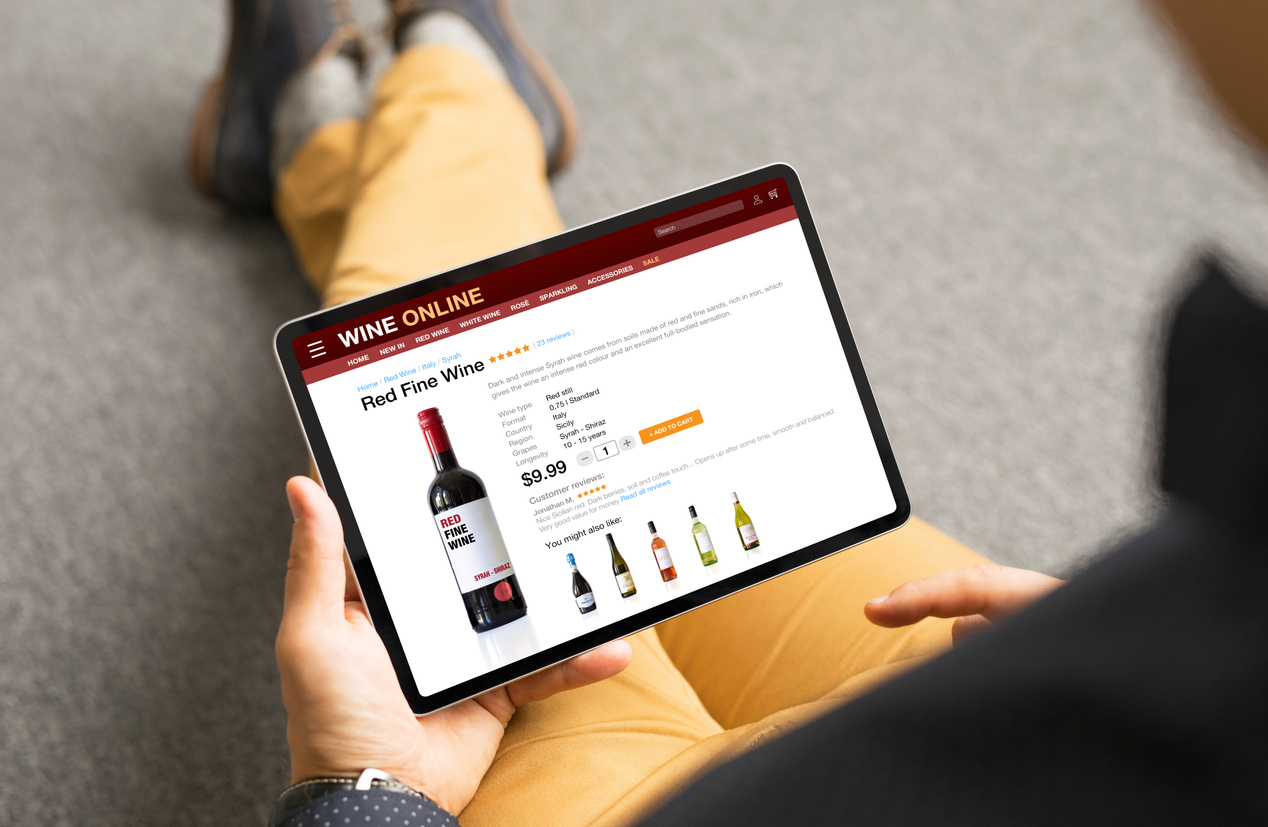
 Between last year and this year, growth in the online alcohol market is projected to decline by 3.2% as more consumers return to pubs, bars and restaurants.
Shoppers have been drawn to online alcohol outlets for their easy access to a wide selection of products at competitive prices — particularly premium beverages.
Online retailers have capitalised on this demand by driving sales of luxury brand spirits and limited-edition bottles, often viewed either as speculative investments or coveted collector’s items.
London has emerged as a key hub for online alcohol retail, driven by the capital’s high population density, greater disposable income, and consistently strong consumer demand.
Between last year and this year, growth in the online alcohol market is projected to decline by 3.2% as more consumers return to pubs, bars and restaurants.
Shoppers have been drawn to online alcohol outlets for their easy access to a wide selection of products at competitive prices — particularly premium beverages.
Online retailers have capitalised on this demand by driving sales of luxury brand spirits and limited-edition bottles, often viewed either as speculative investments or coveted collector’s items.
London has emerged as a key hub for online alcohol retail, driven by the capital’s high population density, greater disposable income, and consistently strong consumer demand.











